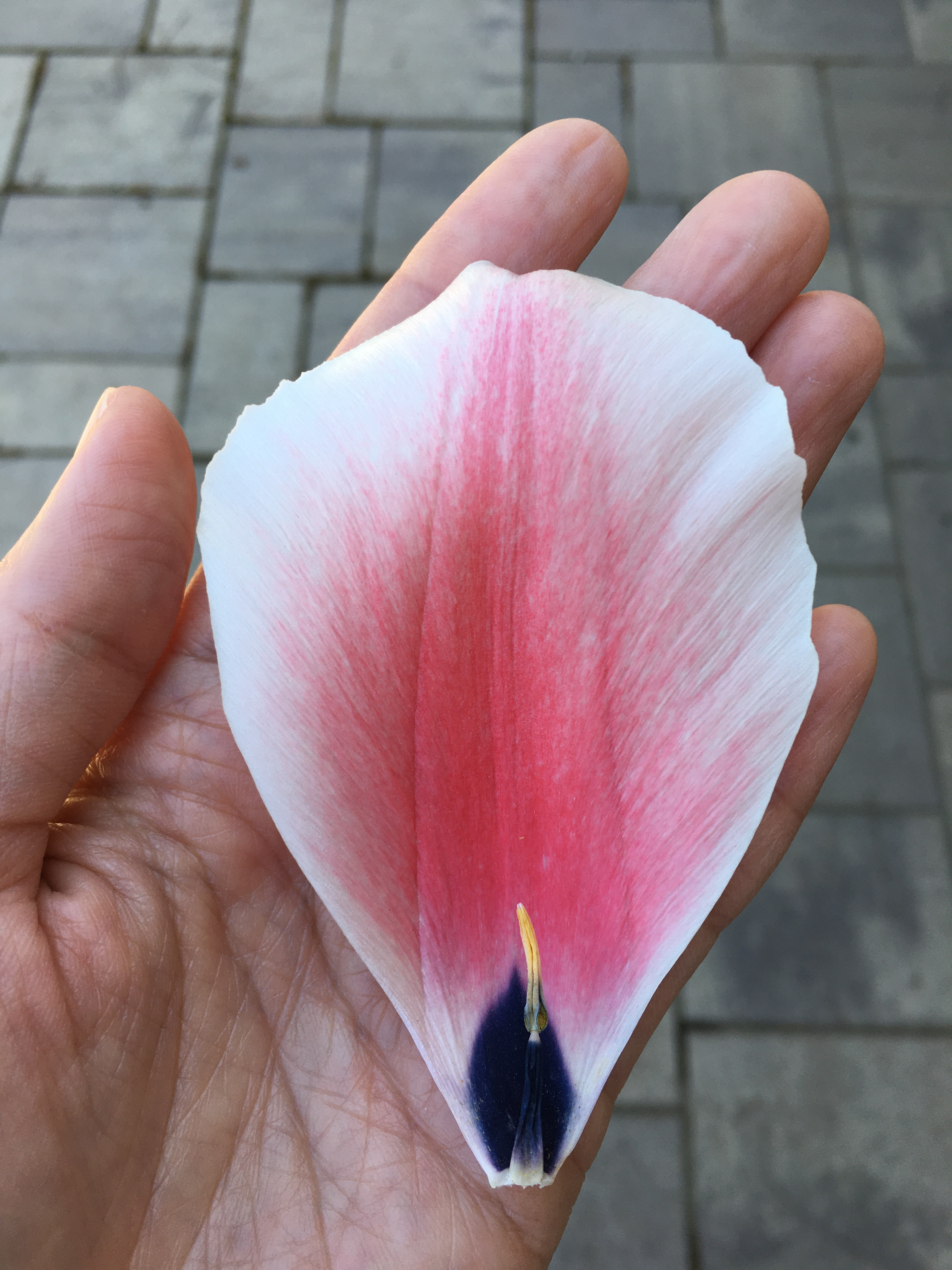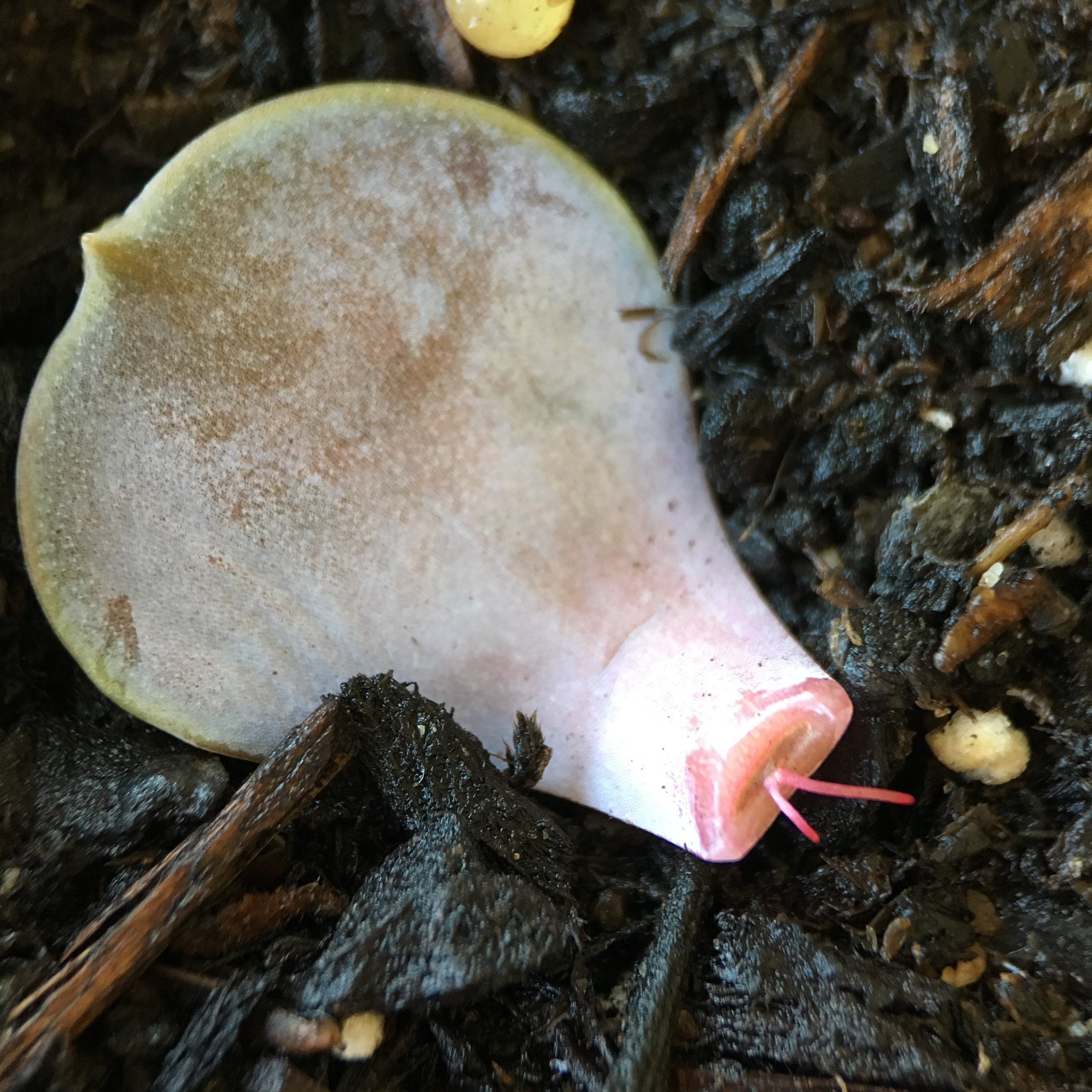
What I’m planning to share on this topic is detailed and personal. When I started on this journey I tried to read up as much as I could on every relevant topic, but there is so much. I also read a lot of excellent (in)fertility blogs and information provided by fertility clinics. I also have two lovely friends who went through this. They were kind and generous with their time and provided some very helpful information, and importantly, a lot of positivity. But they went through this several years back now, and a lot of the stuff I read felt like an incomplete story.
As someone who had not gone through the journey, I felt that while I could get an idea of the mechanics, there was so much missing details that I couldn’t quite envision what this journey would involve. Especially, this journey worked for both my friends on their first try (only one egg retrieval), but I had this visceral doubt that it would work for me on the first try. When things work, one doesn’t obsess over the details, but those details are critical to troubleshooting. And troubleshooting is where I am at.
Everyone is so different, and there are so many women out there sharing their experiences, which really helped me. So now that I’ve gone through this, I thought I’d share my experiences, as completely as I can. Because as much as I researched the topic, and even with a scientific background, there were things that took me by surprise and did not allow me to take time to consider my choices.
This struck me as one of the most difficult part of my in(fertility) journey; the seeming lack of control. I want to clarify that my problem is with things that I didn’t know I had control over– until it was too late, and so I didn’t get to make the choice that was best for me. I hope this series of blogs will help someone take this back a little, to rest their minds a bit more that they were as informed as they could be, that they feel a tiny step closer to having made all the choices that are important to them.
Also, I wanted to write this to get it out of my head, to make sense of what happened, to help me accept the outcome and my subsequent decisions. Sometimes I need to rant about something, and I’ll try to give a warning first so that you can avoid reading that if it’s not helping.
As a disclaimer, what I share here are entirely my personal experiences and opinions. I hope what I share here can benefit others, but I don’t expect it to, and neither should any reader. Everyone must make their own decisions for their own best outcome, so don’t let anything I say here change that. I’m just adding my little drop of a story to the sea of women out there who are in this, and I just want to say thank you, and I want to support you.
Finally, I wish I had something like this before we started to share with my husband before we went through everything that we did. I think it would really help him know how to support me better. To that end, I’m going to include some support tips that I would have liked.
Support Tip: Ask, Don’t Tell
This process can be very sensitive and emotional and everyone feels it differently. The same person might feel differently at different times, or even at the same time. It would have helped me to have my friends/family asking me how I was doing, how I was feeling, where I was in my process. I personally did not tell many people.
Some people don’t know what to say, so why not let the person in this say something? Others jump to tell a story about someone, for whom it worked/didn’t, etc. This might be useful and interesting, but it could also not. It’s easy to fall into comparing, and thereby, ‘compare and despair’.
Finally, I wonder if it’s actually possible to be actively listening at the same time one is speaking. If so, I suspect it is a skill that requires a lot of practice. In general, if a person is speaking, that person is not listening. If a person is not listening, that person won’t know the story that is unfolding before him/her and couldn’t figure out how to be supportive.
So ask questions, and really listen. If your person wants you to tell them something, they’ll ask you.

Rant: ‘Infertility’
I hate the word ‘infertility’. It seems so final. It seems a word that always come with a period with the end. It seems a state of being. I know there are more sensitive ways to use it, and it’s a useful word, as when I say, “I’m struggling with infertility.”, but it also feels like a word that defines a person’s identity, their state of being in a permanent way. And yet so much of it is unknown.
‘Infertility’ is such a general word to encompass an unknown number of conditions that make it difficult for a person to bring a child into this world from their own egg/sperm. Notice that I used the word ‘difficult’ in the previous sentence, because it is often times (thankfully) not impossible. Also, apparently, ‘difficult’ here means it takes more than a year.
The definition of ‘infertility’ according to various medical organizations is some variation of “Infertility means not being able to become pregnant after a year of trying.” (medlineplus.gov) This site is maintained by the National Institute of Health, U.S. National Library of Medicine. For many of us, this state is much longer than a year. Honestly, though, who thinks that when they hear the word? When I say I’m ‘infertile’ does anyone think, “Oh, she hasn’t been able to get pregnant for a year without medical intervention.”?? No, the message that gets across is “I can’t have kids.”
The same medlineplus.gov website goes on to say define ‘infertility’ as “If a woman can get pregnant but keeps having miscarriages or stillbirths, that’s also called infertility.” WTF? At what point do you call it?
It’s just an ordinary word to some people and an incredibly painful word to others. It can also be a confusing word, because we don’t know what it means(the cause), or what we can do to change it. And let’s not sugarcoat it; for those of us for whom this word is painful, we know it’s sometimes received by other with sympathy, sometimes with pity, and sometimes with a form of “She’s defective.”.
I’ll never forget the sinking feeling when I saw, for the first time, “Female Infertility” listed under the tab for ongoing health conditions on my medical account. My first thought was, “We haven’t tried every cycle for an entire year yet!” Yet there it was. In a little box of its own, next to four other innocent little boxes, “Allergic Rhinitis”, “Asthma, Intermittent”, “Thyroiditis”, “Vitamin D Deficiency” (even though I brought up my vitamin D values a month after this diagnosis by taking supplements and working more in the garden). This little box with “Female Infertility” wounded me.
The medline.gov page goes on to clarify, “After one year of having unprotected sex, about 15 percent of couples are unable to get pregnant. About a third of the time, infertility can be traced to the woman. In another third of cases, it is because of the man. The rest of the time, it is because of both partners or no cause can be found.” So far, the fertility clinic had not been able to determine any possible causes for my lack of pregnancy. And yet, my chart said “Female Infertility”. It made me feel like I’d already lost the race before even starting. If I had a hysterectomy, would my chart say “Female Infertility”? Because at that point I would absolutely accept that I was infertile. I could also accept that there was a high probability that I had a condition that made pregnancy unlikely. I was wounded because, the convention is that without knowing anything, I’d been found wanting because I have not gotten pregnant yet.
So that is why I’m calling this series my In(fertility) journey. Because I clearly have the potential for a pregnancy (otherwise, why bother trying treatments?), and so I’m in the midst of figuring out my fertility. I am in my fertility journey. I’m learning things and figuring stuff out. And whether or not a baby comes out of all this, I’ll have learned something and I’ll have more understanding and appreciation for women on their own fertility journeys.

